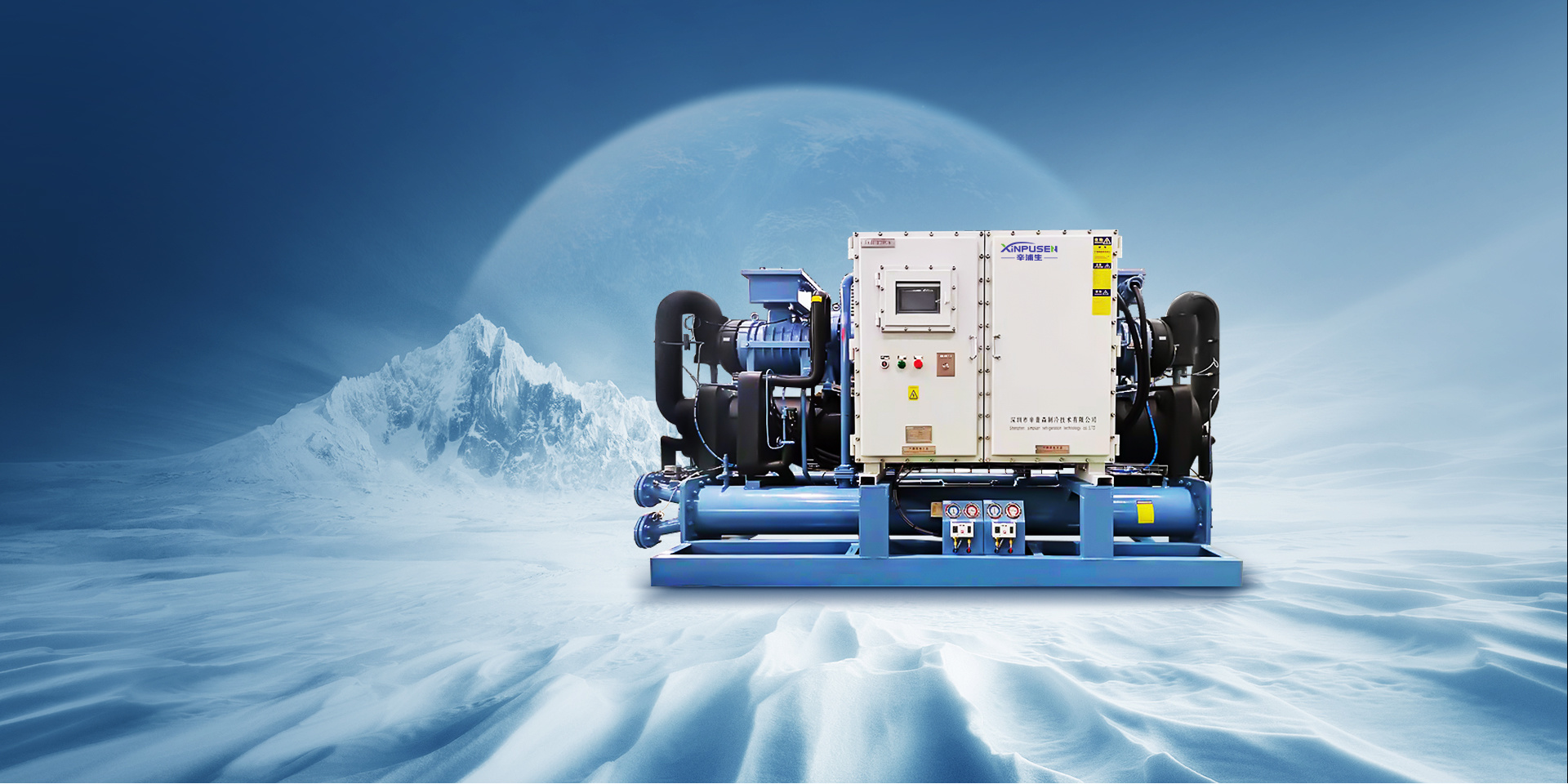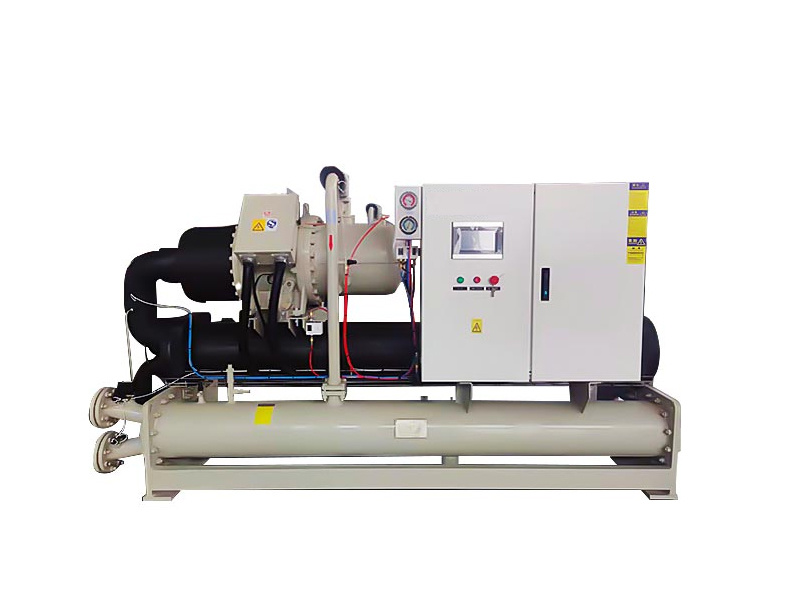Understanding Variable Frequency Centrifugal Chillers: Enhancing Efficiency in Industrial Cooling
2025-07-10 13:20
At the heart of a variable frequency centrifugal chiller is the centrifugal pump, which circulates refrigerant through the system. The unique feature of variable frequency operation means that as the cooling load fluctuates—due to changes in ambient temperature or facility requirements—the chiller can modulate its compressor speed accordingly. This ensures that the system operates at peak efficiency, avoiding the energy wastage associated with running at full capacity when it's not necessary.
One of the primary benefits of variable frequency centrifugal chillers is their ability to enhance energy efficiency. By modulating the compressor speed, they can operate at lower power levels during times of reduced cooling demand. This not only results in lower electricity bills but also contributes to a decrease in greenhouse gas emissions, aligning with many companies' sustainability goals.
Moreover, the use of variable frequency drives (VFDs) in these chillers allows for smoother operation, reducing wear and tear on components. This leads to lower maintenance costs and extends the lifespan of the equipment. Additionally, many modern variable frequency centrifugal chillers come equipped with advanced control systems that provide real-time monitoring and diagnostics, making it easier to manage and optimize the cooling process.
In industries where precise temperature control is critical—such as pharmaceuticals, food processing, and data centers—the reliability and responsiveness of variable frequency centrifugal chillers become invaluable. Their ability to quickly adjust to changing conditions helps maintain optimal temperatures, ensuring product quality and operational efficiency.
In conclusion, variable frequency centrifugal chillers represent a significant advancement in cooling technology for industrial applications. Their capability to adjust to varying demands makes them a smart choice for businesses looking to enhance energy efficiency while maintaining reliable cooling performance. Understanding the mechanics and benefits of these chillers can empower industries to make informed decisions about their cooling systems, ultimately leading to improved operational success.
Previous: Why Variable Frequency Centrifugal Chillers Are Essential for Modern Industry
More Information
2026-03-02
Understanding the Advantages of Water-Cooled Screw Chillers for Industrial Applications
2026-02-24
quality air cooled industrial chiller
2026-02-23
Essential Insights into Air Cooled Industrial Chillers: Efficiency, Selection, and Maintenance
2026-02-16
What to Expect During the Installation of Air Cooled Industrial Chillers: A Comprehensive Guide
2026-03-02
Understanding the Advantages of Water-Cooled Screw Chillers for Industrial Applications









 CN
CN EN
EN


